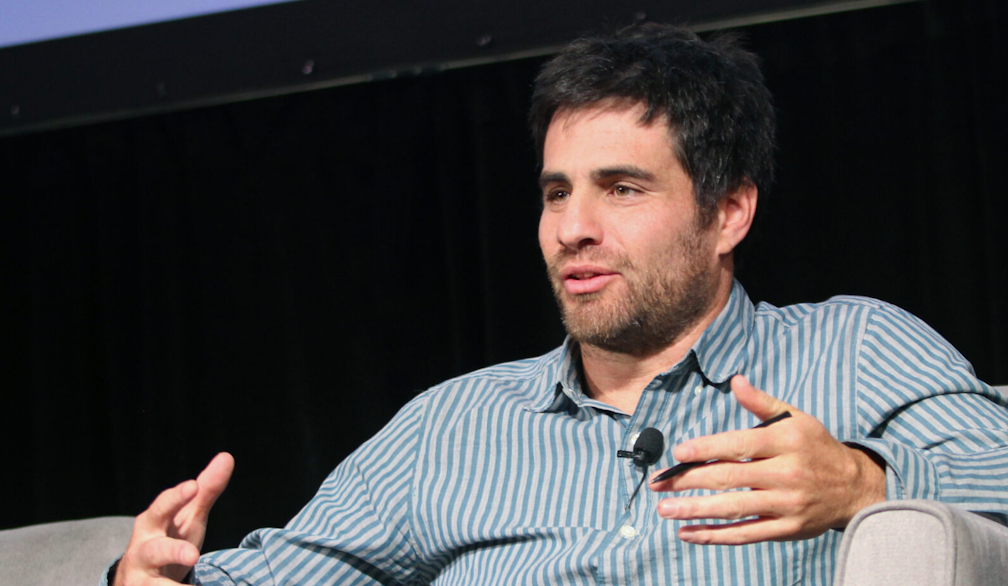Australian Philanthropists Can Cut Global Emissions

Report from Giving Green points to industrial decarbonisation as best way Australia can maximise emission reduction impact
Sydney, Australia – Australian climate philanthropists should focus their funding on initiatives that support zero-emissions heavy industry exports, such as green iron production, to maximise the impact of their donations in reducing global emissions, according to a major new report by Giving Green.
"High-Impact Climate Giving in Australia" assessed a range of indicators with the objective of maximising impact to identify some of the strongest strategies to address climate change in Australia. The approach found a highly promising pathway to reducing global emissions is through the decarbonisation of industrial exports, focusing primarily on sectors such as iron production, which alone accounts for a significantly larger portion of global emissions than all of Australia’s domestic emissions combined. Australia's yearly domestic emissions are 463.9 million tonnes of CO2 equivalent per year. Meanwhile, the government estimates that the downstream emissions from Australia's iron exports alone sit at 1500 million tonnes of CO2 equivalent per year - more than three times Australia's entire domestic emissions.
Australia, renowned for being one of the world's largest exporters of raw materials, is in a prime position to reduce the global cost of decarbonising the production of high-emissions goods like iron, aluminium (~3% of world emissions), ammonia (~1.8% of world emissions), and critical minerals. By leveraging its abundant renewable energy resources, Australia can produce these industrial goods using green, low-emission methods at a lower cost than nearly any other nation and, in doing so, reduce emissions by a larger margin than its own footprint, which accounts for just over 1% of the world’s emissions.
Currently producing 38% of the world's iron ore, most of which is exported and processed using high- emission techniques, Australia's proposed strategy will see this iron ore processed domestically into green iron using hydrogen blast furnaces powered by renewable energy. This approach not only benefits the environment but is also economically viable due to the low cost of renewable energy in Australia.
Despite the high potential for impact, the sector of decarbonising heavy industry exports is underfunded, receiving only 2% of philanthropic climate funding. This neglect makes the sector a critical area for future investment, given its substantial contribution to global emissions.
Researchers have estimated that this innovative strategy could potentially address approximately 7% of global emissions, particularly from sectors that are challenging to decarbonise. Australia’s low-cost renewable energy, its status as a major producer of minerals and metals, and its potential for hydrogen production provide it with a competitive edge, making it a key player in aiding other countries to reduce their emissions.
As the federal election approaches in 2025, the political landscape may influence the level of government support for these initiatives. However, the recent 2024-25 Federal Budget has demonstrated clear support for propelling the industry to new heights with a $1.7 billion investment in promoting net zero innovation, including green metals and low-carbon fuels, as part of the $22.7 billion Future Made in Australia package.
This substantial investment has positioned climate strategists and key renewable energy players as the clear winners of the budget. The timing is also particularly opportune for advancing domestic manufacturing and circularity of green metals in Australia and cements the country’s efforts in reducing reliance on offshore exports.
The report also highlights the economic and environmental benefits of using renewable energy for industrial processing, which can drive economic growth, create jobs, and significantly reduce global greenhouse gas emissions. This approach is seen as a pivotal element in steering the country towards recovery and facilitating the transition to renewable energy.
Giving Green’s report outlines several strategies to support these initiatives, including the high-scale deployment of renewable energy, advocating for green industrial policies and financing, and building coalitions. Each of these strategies aims to capitalise on Australia's strengths in renewable resources and raw materials export.
Dr Dan Stein, director and founder of Giving Green, said, “Decarbonising heavy industry presents a dual advantage for Australia, offering significant benefits in addressing climate change alongside promising economic opportunities.”
“With Australia already accounting for 38% of the world's iron ore supply, there is ample potential for pioneering the production of green heavy industry in Australia, notably green iron. Australia has potential to be a leader in sustainable manufacturing. This could not only solidify Australia's position in the international market but also support economic growth, export income, tax revenue, and job creation.”
Rod Sims, Director and Chair at the Superpower Institute, said, “The Australian renewable energy market, while experiencing growth, requires harnessing of Australia’s huge solar and wind resources so Australia can decarbonise industrial exports, particularly green metal production. Australia can have a significant impact on global emissions by seizing an outsized economic opportunity.”
Giving Green says while conditions in Australia are very promising in green industries like green iron production, non-profits engaging in policy work can play a critically important role in facilitating the development of these industries.







